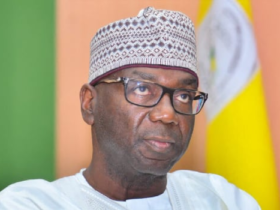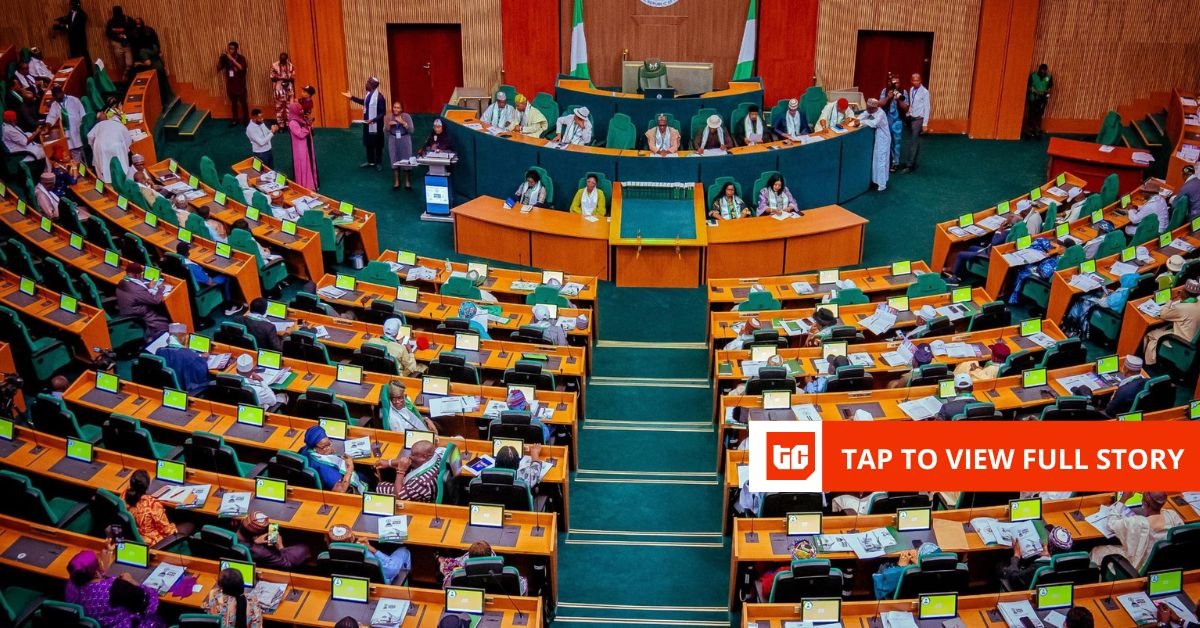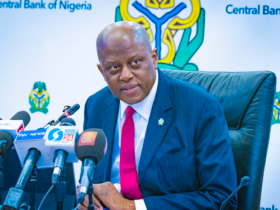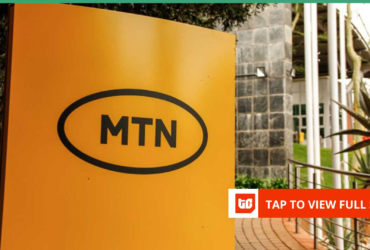Nigeria’s House of Representatives, the 360-member lower chamber of the National Assembly, is considering a bill sponsored by Hon. Fuad Kayode Laguda, a Lagos State representative, to establish the Nigerian Fintech Regulatory Commission (NFRC), a single authority that would licence and regulate all fintechs in the country.
The commission’s powers imply that it will replace the current patchwork of oversight by the Central Bank of Nigeria (CBN), the Securities and Exchange Commission (SEC), the National Information Technology Development Agency (NITDA), and the Nigeria Deposit Insurance Corporation (NDIC), creating a single gateway for authorisation and compliance.
Nigerian fintechs have long lobbied for a single regulator instead of dealing with multiple agencies whose overlapping mandates and conflicting directives often create confusion.
According to a draft of the bill seen by TechCabal, fintechs must now obtain individual or class licences depending on their activities (payments, lending, crypto, crowdfunding, or regtech), and non-compliance with licencing or renewal provisions could lead to revocation, suspension, or heavy fines.
The bill also creates more structured but heavier compliance burdens, like a dedicated compliance team and legal counsel, continuous technology compliance audits, and demonstrating Nigerian participation in ownership and management.
The NFRC will not only issue regulations and guidelines but also set performance standards, dispute resolution processes, data use standards, consumer protection codes, and service quality benchmarks, removing ambiguity in fintech operations.
The bill empowers the NFRC to conduct public and private enquiries, compel information disclosure, and publish compliance findings. Given these new standards, early-stage startups may need legal and compliance budgets from inception, while established firms must align current practices with the new NFRC framework.
To protect customers, the NFRC has the power to monitor and prevent anti-competitive practices, such as predatory pricing, collusion, or abuse of market dominance. Nigerian digital loan apps are infamous for aggressive loan recovery tactics, and with the bill, much-needed respite for customers might be introduced.
The commission can also enforce interconnection and interoperability, a potential boost for open banking, ensuring smaller fintechs gain access to critical payment and data infrastructure. Its dispute resolution powers will allow it to mediate between fintechs, banks, and telecom operators, positioning it as the first line of arbitration for the sector.
The NFRC can enforce local research and development and Nigerian participation in ownership and management for fintechs. It can also approve or reject foreign operators’ participation based on fairness and reciprocity principles. For foreign-backed fintechs, this means they will need to restructure boards or management to meet local participation thresholds.















Leave a Reply